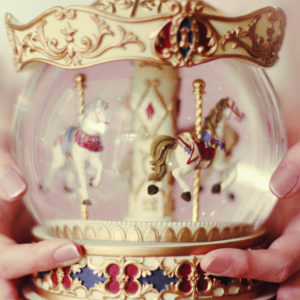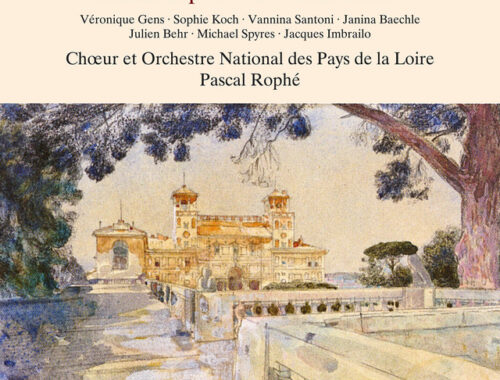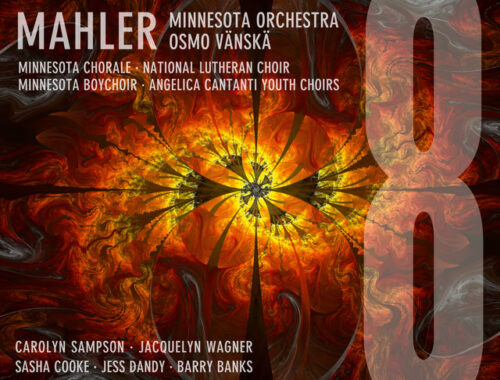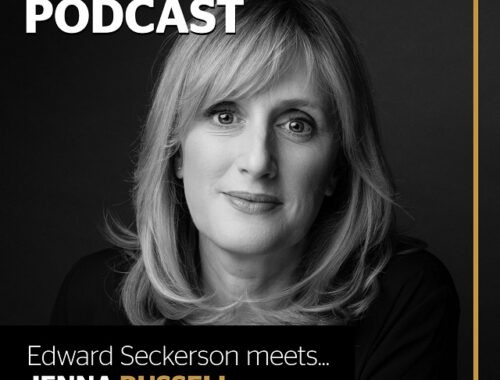Carousel, Arcola Theatre
 The first thing that strikes you about this joyously inventive postage stamp staging of Rodgers and Hammerstein’s masterpiece – and it strikes you so forcibly in this high-decibel digital age that it’s almost a pinch-yourself moment – is that the show is entirely acoustic. No samplings, no obtrusive head-mics, just an unlikely quintet of instruments (orchestrations Mark Cumberland) with prevalent flute and harp for New England freshness and a welcome sense of everything being directed towards the unvarnished truth.
The first thing that strikes you about this joyously inventive postage stamp staging of Rodgers and Hammerstein’s masterpiece – and it strikes you so forcibly in this high-decibel digital age that it’s almost a pinch-yourself moment – is that the show is entirely acoustic. No samplings, no obtrusive head-mics, just an unlikely quintet of instruments (orchestrations Mark Cumberland) with prevalent flute and harp for New England freshness and a welcome sense of everything being directed towards the unvarnished truth.
When a show is as good as Carousel – as beautifully written and proportioned and gut-wrenchingly direct – it will always pay dividends to strip away the excess and go all-out for homespun honesty. Of course, I missed the orchestral lushness (maybe one brass instrument for ballast?), the high-flown operatic ambition of it all (can you imagine, the original acoustic band on Broadway in 1945 numbered nearly 40 players) but what compensation there is in getting up close and personal with these beautifully drawn characters and minimising the distinction between speech and song so the one flows so naturally from the other.
Director Luke Fredericks has taken only one liberty (if one can really call it that) and updated the action to the Great Depression of 1930 (an old radio set in Julie Jordan’s room sets up time and place and the mood of the nation as we enter the auditorium). And that in itself hits home forcibly in matters of social deprivation and the changing role of women in society as the piece unfolds. Fantasy and colour are explosively introduced by way of the Carnival where circus acrobatics evolve through Lee Proud’s terrific choreography into a veritable explosion of physicality and, in the powerful final act pas de deux between Billy Bigelow’s daughter Louis and a would-be suitor, a refulgent lyricism.
At the heart of it all is the ne’er do well Billy – beautifully played by Tim Rogers – an alpha alpha male trapped by his own skewed masculinity and prone to lash out defensively in its defense. It’s hard to defend him but not hard to love him as Julie Jordan does (the lovely Gemma Sutton) and in one touch of directorial brilliance Fredericks has Julie overhear Billy during the latter stages of his great act one Soliloquy, confirming his inner sensitivity and pride in fatherhood that she alone has always believed was there in spite of everything. Rogers acted and sang this pivotal number with wit, charm and strength (despite what sounded like the effects of hayfever or a cold) while in her presence Sutton was laying the foundations for a doubly heartbreaking “What’s the Use of Wondrin’ ” in act two.
I came away marveling afresh at the craftsmanship of this show and the way in which this talented company laid bare its heart – not through the best singing you might hope to hear, far from it, but through complete engagement with the emotional sense of its book and its glorious songs, the two indistinguishable from each other. How cleverly Vicki Lee Taylor caught that evolution from the sweet, naive, and rather silly Carrie Pipperidge into a knowing and moneyed and judgemental mother of nine. Smashing performance, too, from Joel Montague’s really well sung Enoch Snow conveying a similarly telling journey. I loved the way Fredericks played out the seemingly playful seduction scene between Carrie and the predatory Jigger Craigin (a wily Richard Kent) nailing the idea that Carrie would just as readily fall for his reptilian charms as Enoch’s fishy wholesomeness. She has no idea what love is because, unlike Julie, she has never experienced it.
Carousel might well be the greatest musical ever written (a two-horse race with West Side Story as far as I’m concerned) and because of that, because of its solid foundations, it lends itself to reimagination. If you don’t come away from the Arcola moved and more than a little stirred then you need to steer clear of musicals for good.



